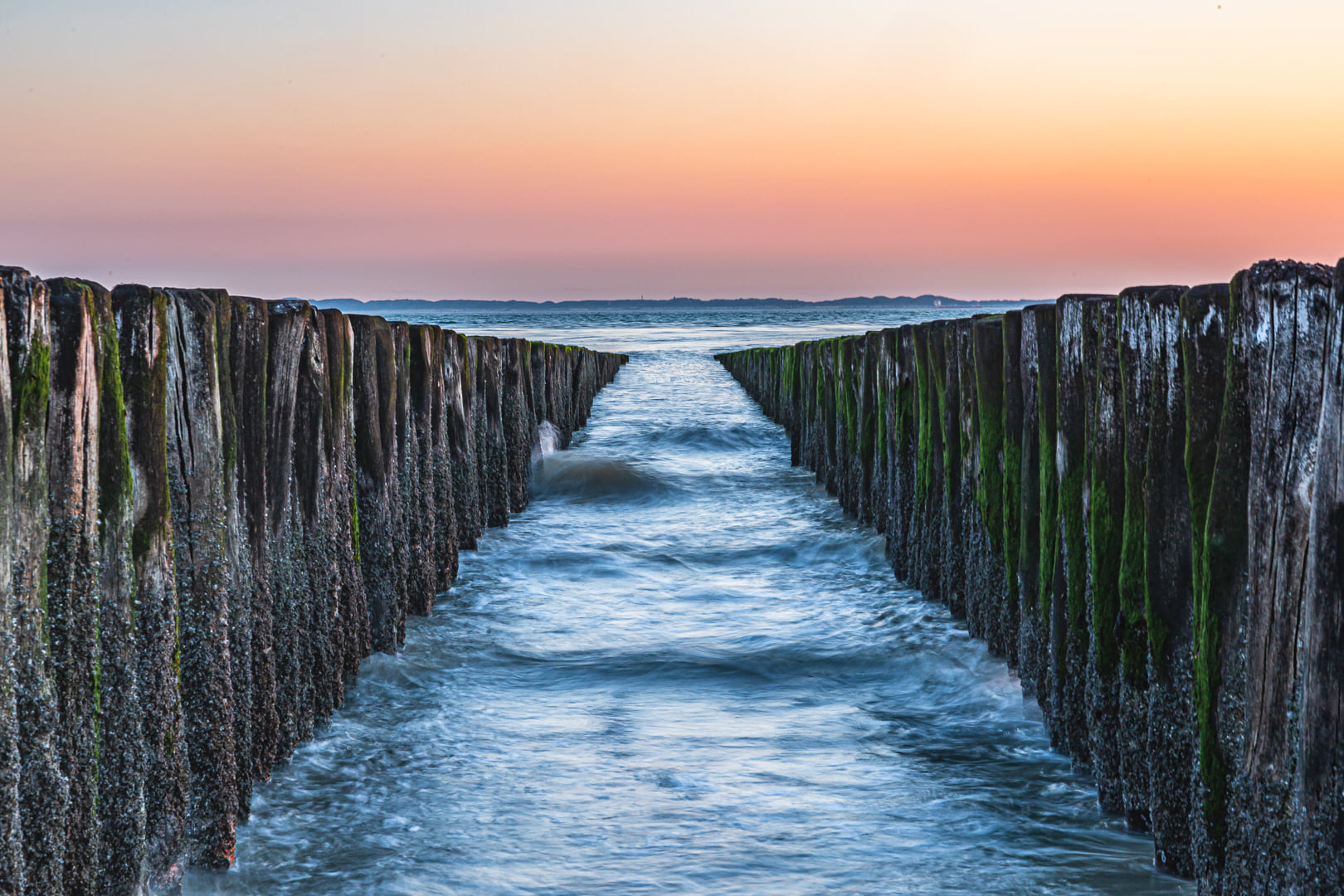Based on sound scientific methods, UGent researchers and partners want to develop a toolbox that allows dialogue with citizens. By involving residents and tourist in our changing coastline, we create a basis of support for the often complex offshore projects such as coastal protection, blue food, port activities and coastal tourism. In this way, we aim to promote sustainable, economic activities that contribute to the transition of the Coastal Region.
A sea of opportunities
The North Sea is one of the most innovative areas of our economy. Nowhere else in the world is the sea busier and more used than ‘our’ North Sea. Nowhere else is so much wind and water used to generate renewable energy, or is so much attention paid to fishing and the transport of goods. Yet, the potential of our North Sea is underestimated. As a result, this fast-growing sector often encounters opposition from both citizens and other economic sectors active in and around the sea during the development phase of large-scale infrastructure or innovative projects.
The Blue BALANCE team investigates how citizens and other stakeholders can be involved in the sustainable transition of the Flemish coastal region, with the aim to broaden the support base or “social license to operate” for the blue economy. Blue BALANCE does not only want to inform citizens, but also involve them in the future developments of our Flemish Coastal Region.
Toolbox to put sustainable activities in the picture
With the help of the tourism sector, test cases will be developed at various locations along the coast. Research will show which (digital) communication tools are most suitable to initiate dialogue and which compelling storylines will appeal the most to the general public to convey the scientific knowledge.
The different tools designed during the project will be validated through field experiments. By measuring the impact on users’ awareness, pro-environmental attitudes, and openness to change, we can determine whether they (continue to) support sustainable activities and innovations.
Ultimately, Blue BALANCE wants to develop a toolbox that increases the chances of success and economic return for sustainable economic activities along the coast. The knowledge will also be compiled in a practical handbook so that it can serve as a protocol for other coast-related and offshore projects.
Unique multidisciplinary consortium joins forces
To achieve this ambitious goal, a team of archaeologists, psychologists, communication experts, Digital Arts and Entertainment professionals and marine engineers join forces.
Archaeologists will investigate how we can connect our rich maritime past with contemporary innovations and challenges to build a compelling storyline. Our Belgian coast is a dynamic landscape that has been influenced for centuries by the interaction between man, our economic activities and nature. Cultural and natural heritage is widely scattered across the our coastal landscape. This knowledge will be literally mapped out and forms the scientific basis to develop optimal compelling storylines for each blue innovation theme.
Psychologists and communication experts will conduct in-depth research among citizens and stakeholders into our own coastal identity. What do we find important today when we come to the coast? What expectations do we have? How important is sustainability? Do we want sustainable food from the sea, how can we reduce our ecological footprint during our vacation at the beach, are we prepared to pay extra for this, do we want more dunes along our coast, do we want to know more about our blue economy in Flanders, etc.? Answering these questions will allow us to map the identity along the coast and identify possible differences between municipalities. In short, the basis of a successful communication strategy.
Project partners
Setting out a path to support a sustainable transitions is complex. A multidisciplinary approach is therefore crucial. The management and implementation is in the hands of different experts.
- Ghent University coordinates the project led by the Marine@UGent consortium coordinated by Professor Colin Janssen, Professor Jana Asselman and Dr. Sara Vandamme.
- In addition, the Centre for Persuasive Communication (UGent- CEPEC) led by Professor Veroline Cauberghe and the Historical Archaeology Research Group (HARG) at Ghent University led by Professor Wim De Clercq are also joining.
- Other partners are the Flemish Institute for the Sea (VLIZ) under the leadership of lic. Chantal Martens and ir. Lisa Devriese, Howest – Digital Arts and Entertainment (DAE) under the leadership of Ing. Vicky Vermeulen and the University of Groningen – Department of Environmental Psychology (UG-EP) under the supervision of Dr. Thijs Bouman.
This project is supported by the Flemish spearhead clusters De Blauwe Cluster and VLAIO.
More info on the webpage of MarineatUGent

